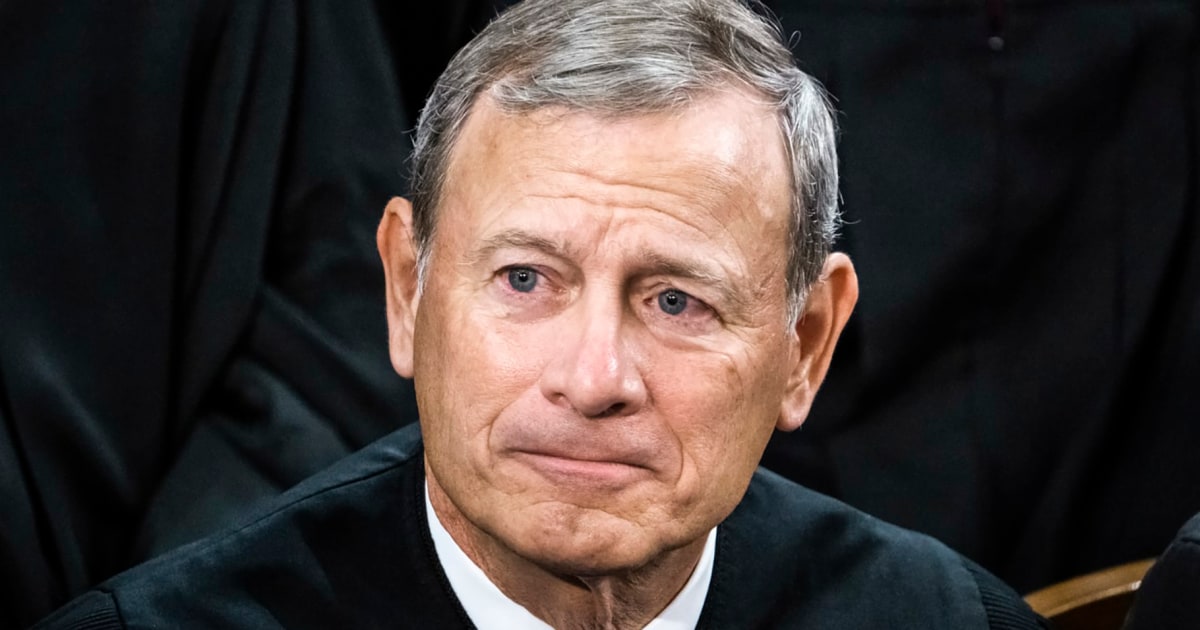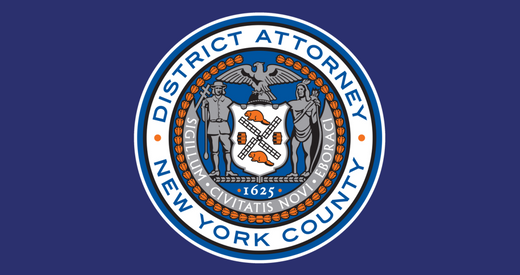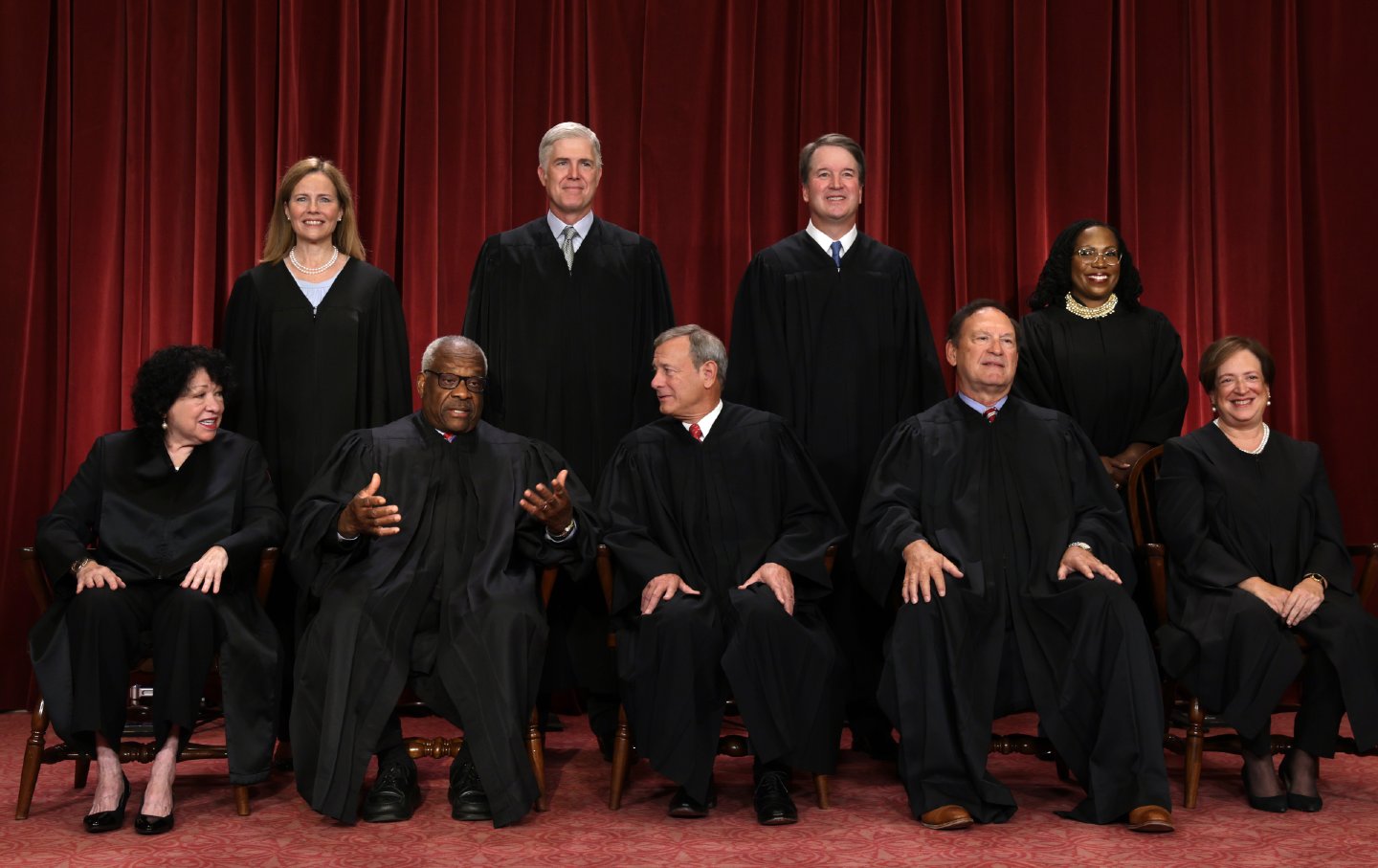So-called "outer perimeter" acts are subject to prosecution, but there is a preliminary hearing required where the prosecutors have to prove the prosecution poses no dangers of intrusion on the authority and functions of the Executive Branch.
Here is the actual wording of the decision:
"Taking into account these competing considerations, we conclude that the separation of powers principles explicated in our precedent necessitate at least a presumptive immunity from criminal prosecution for a President’s acts within the outer perimeter of his official responsibility. Such an immunity is required to safeguard the independence and effective functioning of the Executive Branch, and to enable the President to carry out his constitutional duties without undue caution. Indeed, if presumptive protection for the President is necessary to enable the “effective discharge” of his powers when a prosecutor merely seeks evidence of his official papers and communications, id., at 711, it is certainly necessary when the prosecutor seeks to charge, try, and imprison the President himself for his official actions. At a minimum, the President must therefore be immune from prosecution for an official act unless the Government can show that applying a criminal prohibition to that act would pose no “dangers of intrusion on the authority and functions of the Executive Branch.”"
That is not a super high bar to have to clear.
@Red, read the ruling. You are falling for fictions.
“And there is essentially nothing we can do to change it. The courts created qualified immunity for public officials, but it can be undone by state or federal legislatures if they pass a law removing that protection. Not so with absolute presidential immunity. The court here says that absolute immunity is required by the separation of powers inherent in the Constitution, meaning that Congress cannot take it away. Congress, according to the Supreme Court, does not have the power to pass legislation saying “the president can be prosecuted for crimes.” Impeachment, and only impeachment, is the only way to punish presidents, and, somewhat obviously, impeachment does
nothing to a president who is already no longer in office.
Under this new standard, a president can go on a four-to-eight-year crime spree, steal all the money and murder all the people they can get their hands on, all under guise of presumptive “official” behavior, and then retire from public life, never to be held accountable for their crimes while in office. That, according to the court, is what the Constitution requires.
There will be Republicans and legal academics and whatever the hell job
Jonathan Turley has who will go into overdrive arguing that the decision isn’t as bad as all that. These bad-faith actors will be quoted or even published in
The Washington Post and
The New York Times. They will argue that presidents can still be prosecuted for “unofficial acts,” and so they will say that everything is fine.
But they will be wrong, because while the Supreme Court says “unofficial” acts are still prosecutable, the court has left nearly no sphere in which the president can be said to be acting “unofficially.” And more importantly, the court has left virtually no vector of evidence that can be deployed against a president to prove that their acts were “unofficial.” If trying to overthrow the government is “official,” then what isn’t? And if we can’t use the evidence of what the president says or does, because communications with their advisers, other government officials, and the public is “official,” then how can we ever show that an act was taken “unofficially”?
Take the now-classic example of a president ordering Seal Team Six to assassinate a political rival. According to the logic of the Republicans on the Supreme Court, that would likely be an official act. According to their logic, there is also no way to prove it’s “unofficial,” because any conversation the president has with their military advisers (where, for instance, the president tells them
why they want a particular person assassinated) is official and cannot be used against them.
There will doubtless be people still wondering if Trump can somehow be prosecuted: The answer is “no.” Special counsel Jack Smith will surely argue that presenting fake electors in connection with his cadre of campaign sycophants was not an “official act.” Lower-court judges may well agree. But when that appeal gets back to the Supreme Court next year, the same justices who just ruled that Trump is entitled to absolute immunity will surely rule that submitting fake electors was also part of Trump’s “official” responsibilities.
There is no way to change that outcome in the short term. In the long term, the only way to undo the authoritarianism the court has just ushered in is to
expand the Supreme Court. Democrats would have to win the upcoming presidential election and the House and the Senate. Then Congress would have to pass a law expanding the number of justices on the Supreme Court; then the Senate would have to pass that law as well, which, at a minimum, would likely have to include getting rid of the filibuster. Then the president would have to sign such a bill, and appoint additional Supreme Court justices who do not think that presidents should be kings—and then those justices would have to be confirmed. And all of that would have to happen before the current Supreme Court hears whatever Trump appeal from his January 6 charges comes up next, because if court expansion happens after the current Supreme Court dismisses the charges against him, double jeopardy will attach and Trump can never be prosecuted again under a less-fascist court.
So, since that’s
not going to happen, Trump won. He won completely. He tried to overthrow the government, and he got away with it. I cannot even imagine what he’ll try if he is actually given power again, knowing full well that he will never be held accountable for literal crimes.
If you ever wondered what you’d have done in ancient Rome, when the Roman Republic was shuttered and Augustus Caesar declared himself the “first” citizen of Rome, the answer is: whatever you’re doing right now. It’s what you would have done during the Restoration of King Charles II in England, and what you would have done when Napoleon declared himself emperor of France. This, right here, is how republics die.“
Under this new standard, a president can go on a four-to-eight-year crime spree and then retire from public life, never to be held accountable.

www.thenation.com






